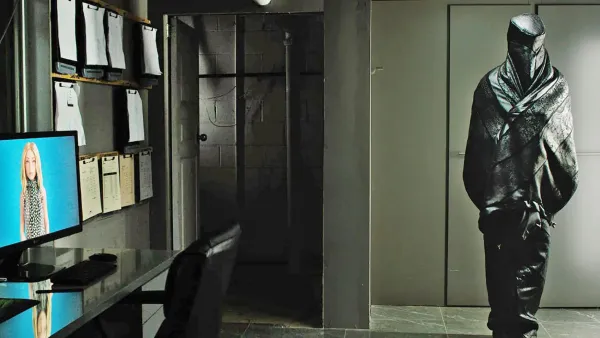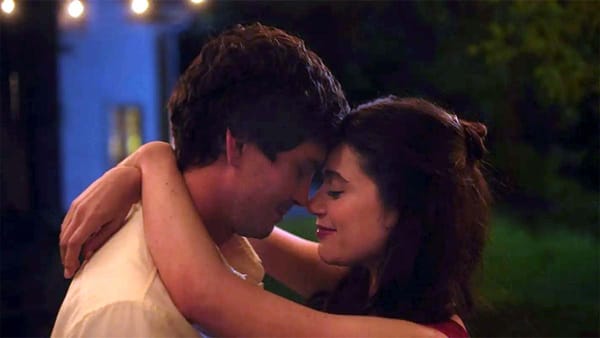Walter Matthau's Barbaric Yawp
"The Taking of Pelham One Two Three"
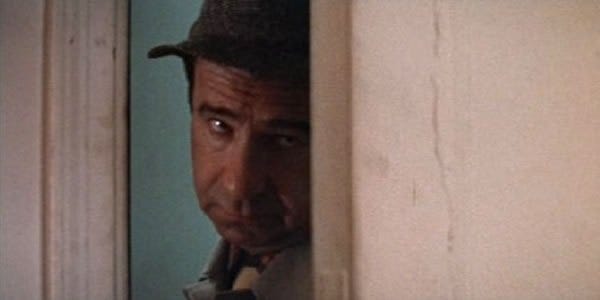
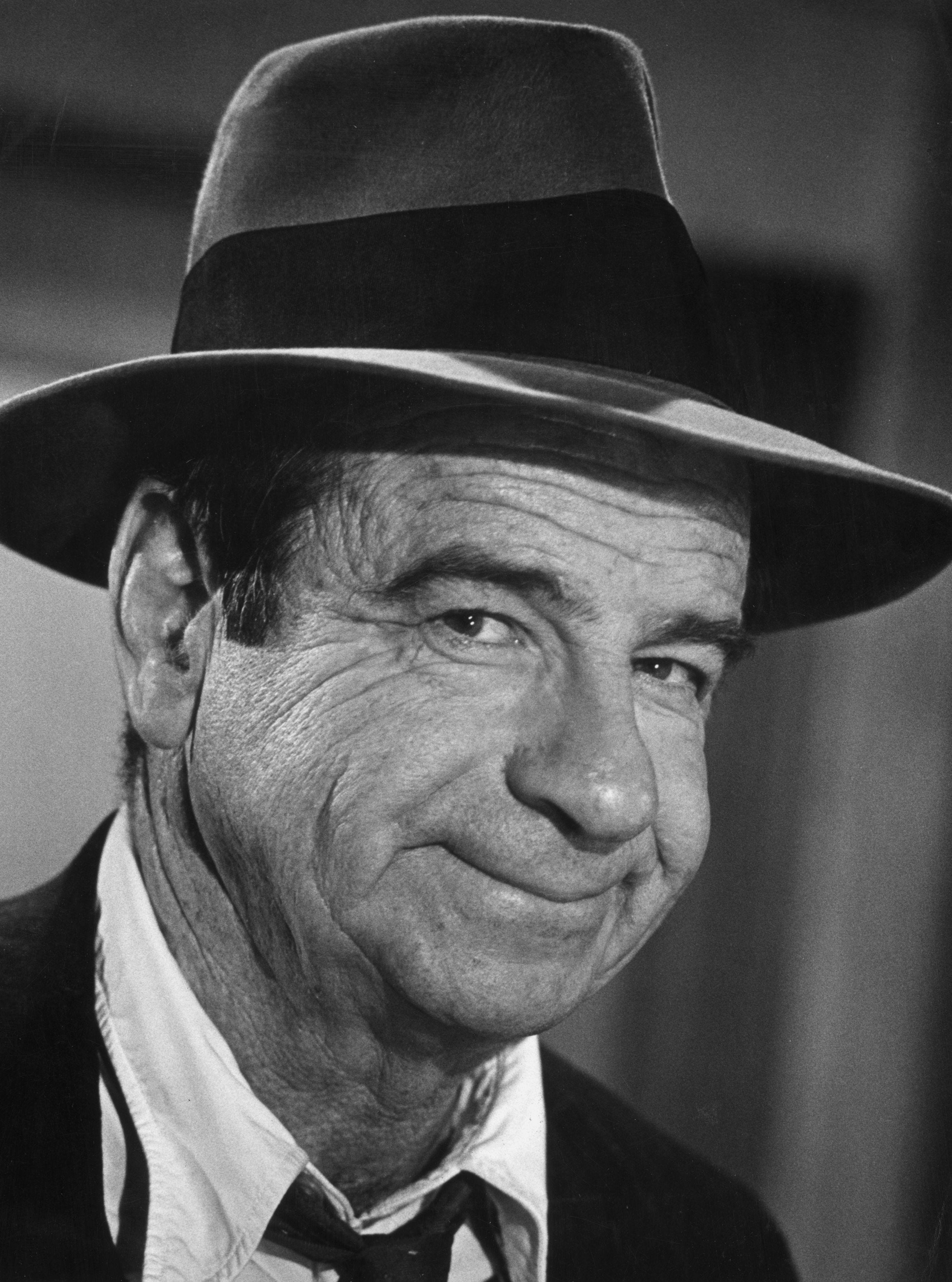
It’s my confirmed belief that we don’t sufficiently appreciate our great eccentrics, and that is why I’m suggesting you watch a Walter Matthau movie right now, tonight, and wallow in his uniquely entertaining dyspepsia. In a sense, Matthau (1920 – 2000) was a W.C. Fields for the New Hollywood era – he specialized in “despising amusingly” (to quote one critic about Fields), but he had a hangdog sex appeal with which Fields never bothered. Among his many other attributes, Matthau was the Platonic ideal of the wised-up New York wiseass in the vital years from World War II up through the 1970s “Ford to City: Drop Dead” era. In voice, deed, and lousy posture, he embodied the bargains New York’s citizens make with living there and the unlovely home truths they value.
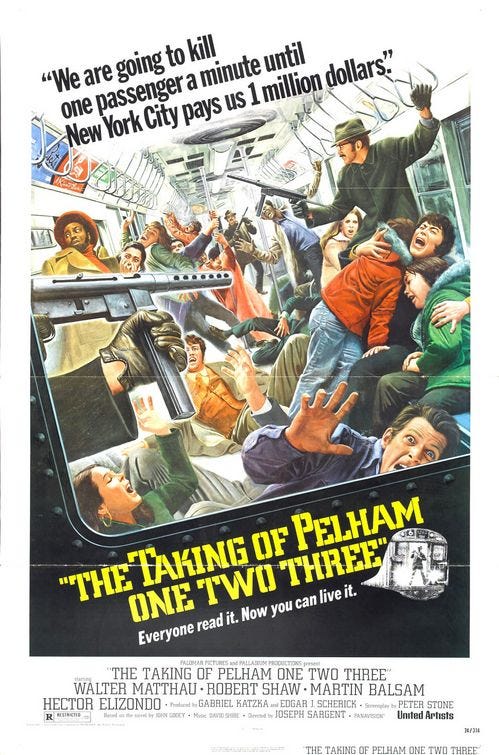
I eventually intend to get around to writing about “The Taking of Pelham One Two Three” (1974) here, but I need to backtrack a bit to the night last month when my wife and I had a post-pandemic dinner with good friends, someone mentioned “The Odd Couple,” and suddenly all of us were singing the theme song: Da-doot-da-doot-da-doooo/Doot-da-doo-doot-da-doo-dooo.
Was that melody from the beloved 1970s TV show with Jack Klugman and Tony Randall – Friday nights between “The Brady Bunch” and “Room 222” – or the 1968 movie starring Matthau as king slob Oscar Madison and Jack Lemmon as ur-metrosexual Felix Ungar? We cued up the film on Amazon Prime, and, lo and behold, there’s the music that was imprinted on our pre-adolescent DNA courtesy of composer Neal Hefti (who also wrote the theme for the 1960s “Batman” TV show, thus encapsulating my entire childhood if not yours). But the evening’s rediscovery was Matthau: the squint and the squawk, the impeccable comic timing, the appeal of slovenliness as a lifelong commitment.
Ty Burr’s Watch List is a reader-supported newsletter. Both free and paid subscriptions are available. Those who want to support my work are encouraged to take out a paid subscription.
Random trivia nugget: In 1968, Paramount released a promotional 45 with two dialogue scenes from the “Odd Couple” film – the poker game on the A side and the “domestic quarrel” before the dinner party on the B – and after my sister won the record at some middle school birthday party, we played it until the grooves gave out from exhaustion. This was my first exposure to Walter Matthau, at age 11, and the yawping topspin he gave to lines like “I thought the gravy just came when you cooked the meat” sketched him in full before I ever actually laid eyes on the man.
He’d already won a supporting actor Oscar by then as Whiplash Willie, the ambulance-chasing lawyer of “The Fortune Cookie” (1966), and a Tony (his second) in the original 1965 Broadway version of “Odd Couple.” I love the certainty with which he told his wife as he left for the theater on the Neil Simon play’s opening night, “Don’t worry, darling, this will be a very big hit and you can get a lot of maids in the morning.”
Matthau was jowly, snide, ironic, perceptive, weary, and he had a face like the bottom of a Florsheim shoe. He grew up dirt poor in a cold-water flat on the Lower East Side – the neighbors called him “Shakespeare” because he holed up in the common bathroom reading books – and that, I submit, is what makes him New York’s representative to the human race during his late 1960s/early 1970s heyday. Matthau headlined hit movies in those years like he was George Clooney and not some guy who looked like he didn’t even own the deli counter he worked behind.
The essential Walter Matthau movie – the most precisely attuned to his ulcerated appeal – is “Pelham,” which takes place in a New York City on the verge of collapse and is therefore the one place a Matthau character feels at home. It’s about a subway heist, meaning the hijacking of an entire subway train by a crew of criminals calling themselves Mr. Blue (ringleader Robert Shaw, post-“The Sting”
and pre-“Jaws”), Mr. Green (Martin Balsam), Mr. Grey (Hector Elizondo), and Mr. Brown (Earl Hindman). You’d better believe Quentin Tarantino was taking notes. They want $1 million now, or they’ll start killing passengers to the tune of one a minute.
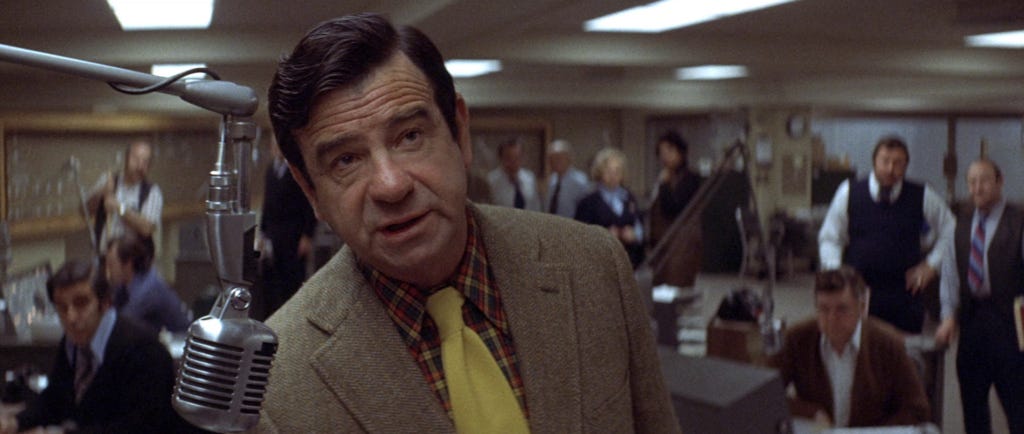
Matthau plays a NYC Transit police lieutenant named Zachary Garber who looks like he deals with this kind of crap every day. The criminals are smart, but Garber’s smart and tired, which gives him the edge – he just wants to crack the case and go home to his wife and a plate of corned beef and cabbage. It’s a majestic performance, serene in its assurance that things can and always will go wrong – this is New York, after all, years before Times Square went Disney. What street smarts and stickball bruises are you going to bring to the conundrum at hand?
Garber plods like Peter Falk’s Columbo but with less subterfuge; he’s the city’s native wit personified. His triumphs are ours, if only because most of us look and sound and feel more like Walter Matthau than any actual Hollywood star. The actor once told an interviewer that his real last name was Matuschanskayasky, which was a leg-pulling bit of nonsense; he was born Walter Mathow and changed the spelling early in his career only because it looked classier on a marquee. Yet the tall tale got picked up and reprinted in at least one major reference work as the truth, and why not? He’s the immigrant son who worked his way into the Hollywood feast and found himself at the head of the table.
“The Taking of Pelham One Two Three” is available for rent on Amazon, Apple TV, YouTube, and so on. Take care not to order up the 2009 remake with Denzel Washington, which is a perfectly okay night at the movies that lacks the funk and flopsweat of the Joseph Sargent-directed original – the pride of a metropolis wobbling on its last leg. And glory in Matthau, the closest the star machine ever came to democracy.

A final favorite story: When Matthau and his constant co-star Jack Lemmon were filming one of their later pairings, 1981’s “Buddy Buddy,” a scene in which Matthau was supposed to fall down a laundry chute went awry; he tumbled hard, missed the mattresses, and cracked his neck. As Lemmon recalled it, filming halted and everyone converged on the actor with alarm. An ambulance was called; Lemmon folded up a jacket and put it under his friend’s head, worriedly asking, “Are you comfortable?”
Matthau stopped groaning, shrugged, and said, “I make a living.”
If you enjoyed this edition of the Watch List, please feel free to share it with friends.
Or subscribe!


